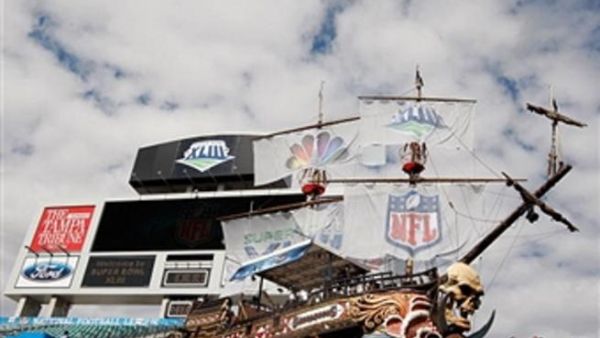Oman can play a greater role in combating piracy - which is costing a whopping $7 billion annual loss to global shipping lines by developing a legal framework and by sharing counter-piracy information with other agencies. The country could also use its coast guard and naval forces for counter-piracy efforts. This was stated by Lt. Jamie Wrona, USN, Maritime Liaison Office (MARLO, Bahrain), while presenting a paper on 'Fighting piracy through collaboration & partnerships' at the Transoman conference here yesterday. Piracy throughout the Middle East region, said Lt. Wrona, was obviously a threat not only to the economies within the region, but to the entire world.
The Sultanate is also vulnerable to piracy due to its proximity to Gulf of Aden and therefore, the country has to look at the strategic interest of its ports and its shipping industry, its owners, operators and crew members. Great strides Oman has made great strides in the recent past to further develop its security measures within its ports, specifically in the Port of Salalah, but there are areas for growth and development by way of further communication and coordination with the international navies, further participation with Combined Maritime Forces, based out of Bahrain.
As of now, Lt. Wrona said, 10 vessels with a total 241 crew are in the custody of pirates. Of this, nine vessels have been held for ransom. "More than 23,000 vessels transit the Gulf of Aden a year. International navies patrol more than 2.5 million square miles and an average of 25 coalition/non-coalition ships are on patrol," she said. Navies of Russia, India, China, Iran and other countries are on patrol, giving priority to escorting own state-flagged vessels. Further, naval ships of Combined Task Force and European Union Naval Force are also on patrol.
Elaborating on the growing menace, she said as many as 16 vessels were hijacked in 2008 and the average ransom money paid was $1.25 million, while in 2009, the number of hijacked vessels increased to 39 with average ransom money ruling at $1.92 million. In 2010, about 22 vessels were taken and the ransom money was $3.64 million, while in 2011, it was 30 vessels and ransom money stood at $4.46 million.
Capt. Andrew Boyce, Senior Manager Safety & Marine, Oman Ship Management Co, who presented a paper on 'The good, the bad and the ugly - the benefits, problems and dangers of employing armed security guards on merchant vessels', said the use of armed forces was not a stand-alone solution and that it must be done in conjunction with training and hardening of the vessels to ensure the people on board remain safe.








